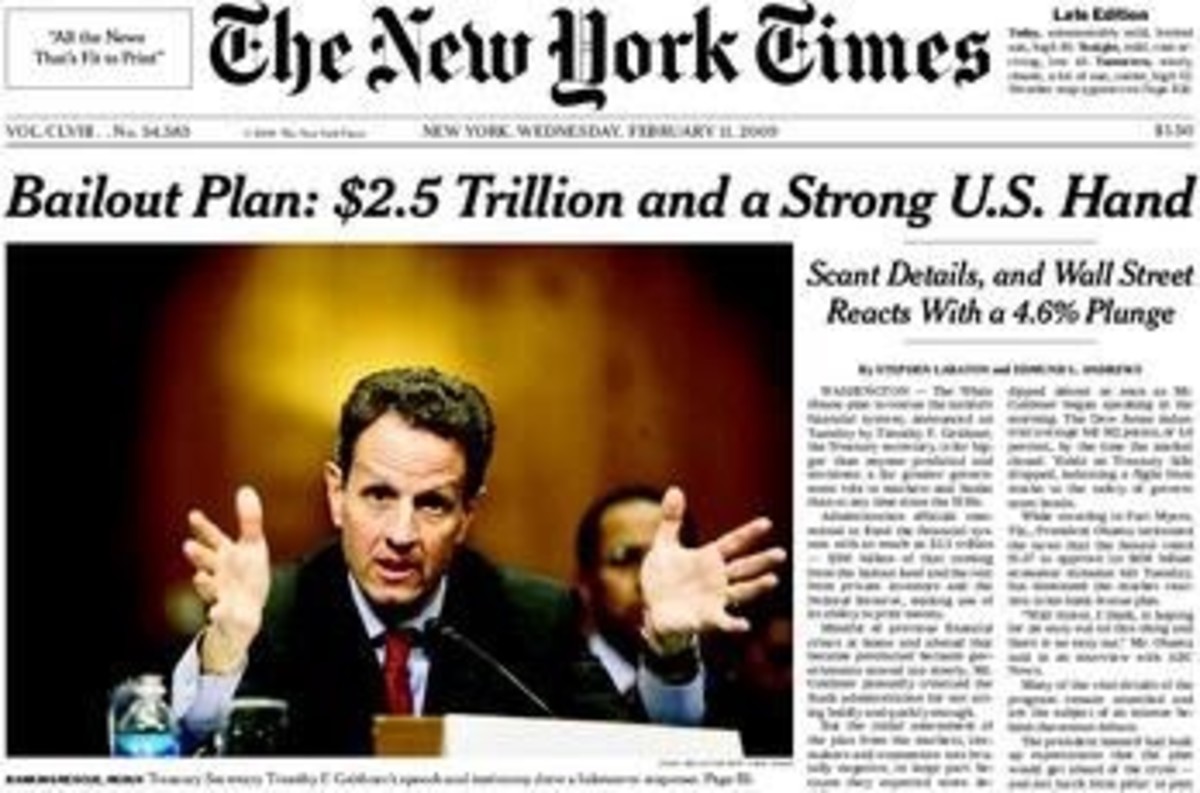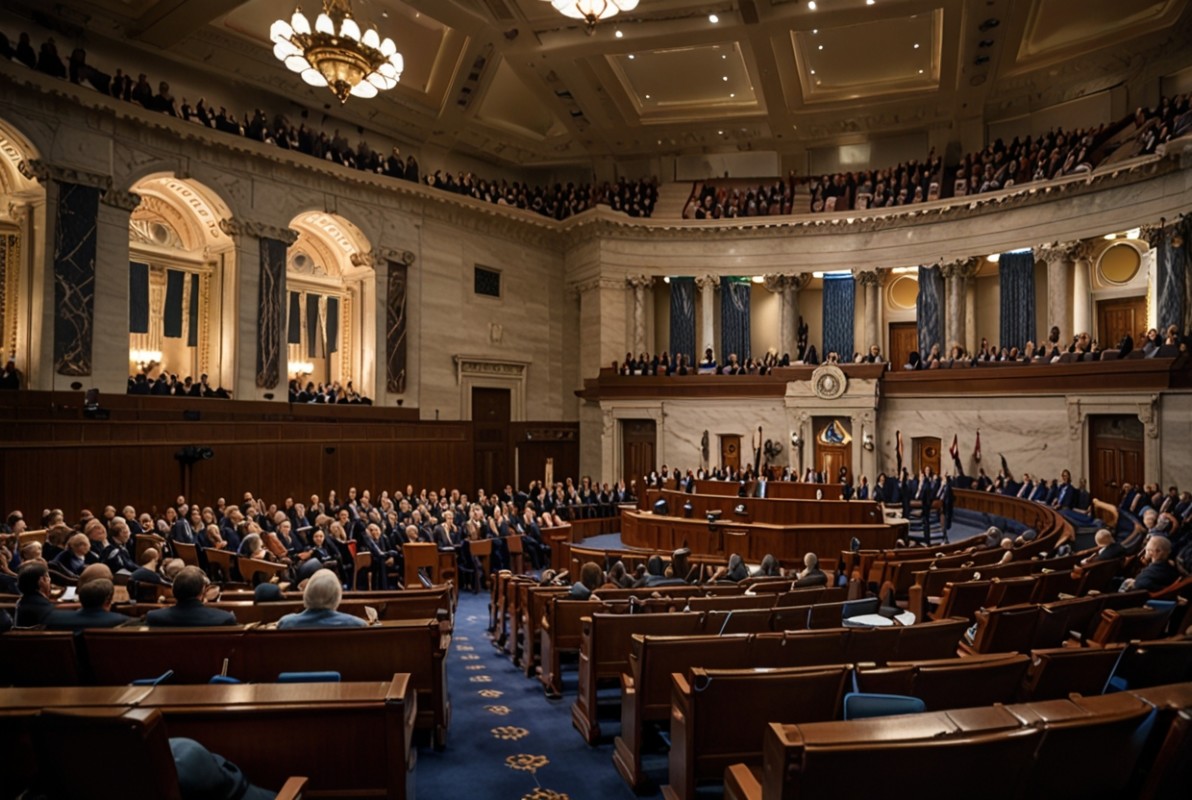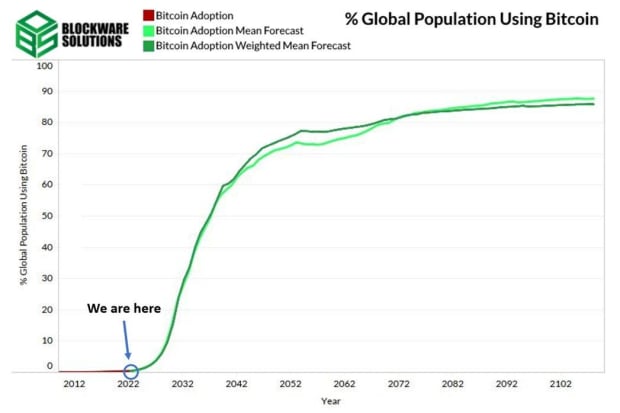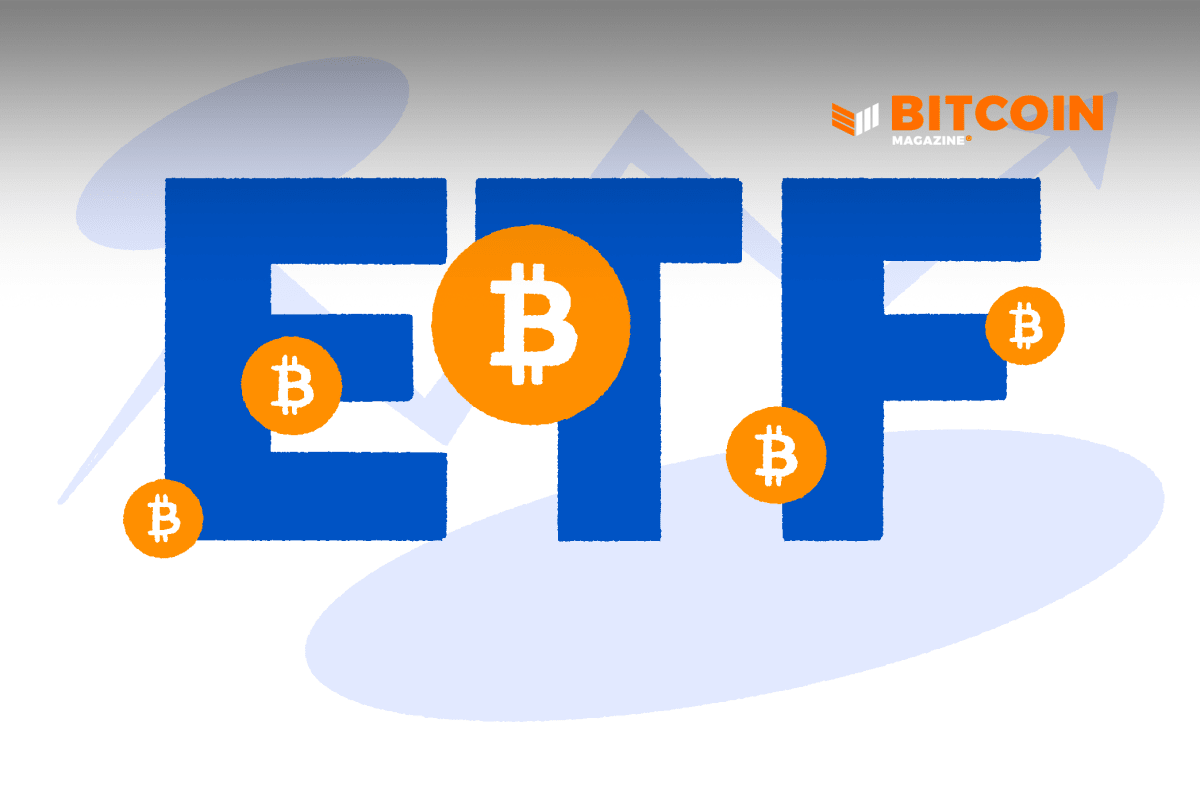A Decade Of Dollar-Denominated Debasement Debauchery
01/Nov/2008: A pseudonym of unknown nationality sent an email carrying word of Bitcoin, a peer-to-peer, electronic cash system with no trusted third party.
The New York Times 02/Dec/2008: “U.S. Recession began last December, economists say”
The Times 03/Jan/2009: “Chancellor on Brink of Second Bailout for Banks”
The New York Times 03/Feb/2009: “Bailout Plan: $2.5 Trillion and a Strong U.S. Hand”

The 12 years since those headlines, that January 3, 2009 Genesis bitcoin block and the global financial crisis that spurred the Bitcoin network’s creation, have been defined by historical central bank monetary expansion. The supply of the United States dollar under the Obama and Trump administrations’ three different Federal Reserve chairs — Bernanke, Yellen and Powell — has increased wildly.

To see why this supply increase is significant, it is important to understand that the dollar is held as the predominant reserve currency for many of the central banking regimes across the world. Because of this major reserve status, the USD is often the fundamental unit of account for much of the world’s financial systems and international settlement markets, for example in many oil markets with the petrodollar.
However, it appears that other central banking regimes are also increasing the supply of their own local currencies, even against the USD. The measurement device and reserve tool that these folks use is being debased, yet despite this, they are also simultaneously debasing their local currencies at record paces in this past decade.
This multinational bankster money supply gluttony is appearing to have multi-order effects on the rest of the world. Despite all of this lustful debasement and greedy central banker currency supply malfeasance, the Bitcoin network continues to validate and verify peer-to-peer digital scarcity.

Pictured: Yellen, Volker, Greenspan, Bernake
Beyond the United States and the United Kingdom (“Chancellor on the Brink”), which have run rampant with their money supplies over the previous decade, let us explore the major currencies in the G20, an international forum and group of central bank governors from 19 different countries and the EU.
The G20 was originally a group of major central banksters formed in 1999, and since their expansionary policies came to a head 12 years ago in what has now been deemed as the “2008 GFC — Global Financial Crisis” these folks have been responsible for the largest monetary expansion in human history. When measured in the predominant global reserve currency, the United States dollar, every G20 member nation has expanded its money supply since 2010, some much more aggressively than others.

Pictured: https://en.wikipedia.org/wiki/2019_G20_Osaka_summit
The combined nations of the G20 have issued roughly $45 trillion equivalent value money stock during the 2010s decade, expanding the collective G20 M2 money in circulation by 92 percent at the start of the decade over only 10 years. Money for nothing, politics for free.

Pictured: https://en.wikipedia.org/wiki/2010_G20_Seoul_summit
The United States central bank, the Federal Reserve, expanded the money supply by a total of $10.3 trillion during the decade, increasing the M2 money stock in circulation at the start of the 2010 by 117 percent, in only 10 short years. According to the 1517 Nicolaus Copernicus quantity theory of money, the general price level of goods and services is directly proportional to the amount of money in circulation. Currently the chief United States central bankster is Jerome Powell.

Pictured: https://en.wikipedia.org/wiki/Steven_Mnuchin
The Bank of England expanded the Crown’s royal money supply by a total of $638 billion in equivalent money stock during the 2010 decade, issuing only 21 percent of the M2 money in circulation at the start of the decade over only 10 years. Interestingly, “Chancellor on the Brink” England appears to be rapidly approaching pound/satoshi parity. The current chief United Kingdom central bankster responsible for this is Andrew Bailey.

Pictured: https://en.wikipedia.org/wiki/Andrew_Bailey_(banker)
The European Union, the European Central Bank and associated member nations have issued roughly $5.8 trillion in equivalent money stock during the 2010s decade, expanding their collective money supply by 57 percent over the last 10 years. The current chief European Union central bankster is Christine Lagarde.

Pictured: https://en.wikipedia.org/wiki/Christine_Lagarde
The Swiss and their national bank have increased their CHF money supply roughly $183 billion in equivalent money stock during the 2010s decade. The Swiss, stereotypically savvy, expanded their money supply by only 19 percent or so over the last 10 years. The current chief Swiss central bankster is Thomas Jordan.

Pictured: https://en.wikipedia.org/wiki/Thomas_Jordan_(economist)
The Royal Bank of Canada has increased its $CAD money supply by roughly $623 billion in equivalent money stock during the decade. The Canadians expanded their money supply by almost 64 percent over the last 10 years. The current chief Canadian central bankster is Tiff Macklem.

Pictured: https://en.wikipedia.org/wiki/Tiff_Macklem
The Reserve Bank of Australia has increased the $AAD money supply by roughly $684 billion in USD equivalent money stock during the decade. The Australians down under expanded their money supply by almost 67 percent over the last 10 years. The current chief Auzzie central bankster is Philip Lowe.

Pictured: https://en.wikipedia.org/wiki/Philip_Lowe
The Bank of Japan has increased its money supply by roughly $2.78 trillion in equivalent money stock during the decade. The Japanese expanded their money supply by 25 percent over the last 10 years. The current chief Japanese central bankster is Haruhiko Kuroda.

Pictured: https://en.wikipedia.org/wiki/Haruhiko_Kuroda
The Central Bank of Russia has increased the Russian ruble money supply by roughly $308 billion in equivalent money stock during the decade. The Russians expanded their money supply by 71 percent over the last 10 years. The current chief Russian central bankster is Elvira Nabiullina.

Central Banker: https://en.wikipedia.org/wiki/Elvira_Nabiullina
The People’s Bank of China has increased its yuan money supply by roughly $22 trillion in equivalent money stock during the decade. The Chinese expanded their money supply by 199 percent over the last 10 years, more than tripling the circulating supply at the beginning of the decade. The current chief Chinese central bankster is Yi Gang.

Central Banker: https://en.wikipedia.org/wiki/Yi_Gang
What about gold during all of this nonsensical monetary madness across the G20 and the globe? Well, roughly 197,576 metric tons of gold is estimated to be above ground. The increase in valuation of all the estimated above ground gold during the decade as measured in USD increased by about $2.7 trillion, and roughly 32 percent. Even the Bank for International Settlements’ (BIS) favorite shiny metal can’t hold a candle to the almighty satoshi of the bitcoin network. The current head bankster at the BIS is Agustin Carstens.

Pictured: BIS’s Carstens
The 2010s may well be defined as a decade of continuing central banksters monetary undermining and the abuse of trust they unduly earned during the previous global financial crisis.

Pictured: https://en.wikipedia.org/wiki/2019_G20_Osaka_summit
Reuters 30/Nov/2020 : “Dollar plummets on U.S. stimulus hopes; bitcoin hits all-time peak”
Financial Times03/Jan/2020: “Bitcoin tops $34,000 as record-breaking rally resumes”

Gold and bitcoin increases in market capitalization as measured in USD over the decade stacked up against the digital, cotton and linen fiat paper currency issuances of the major G20 governments.
How scarce is your money?

This is a guest post by Tyler Bain. Opinions expressed are entirely their own and do not necessarily reflect those of BTC Inc or Bitcoin Magazine.
The post A Decade Of Dollar-Denominated Debasement Debauchery appeared first on Bitcoin Magazine.









